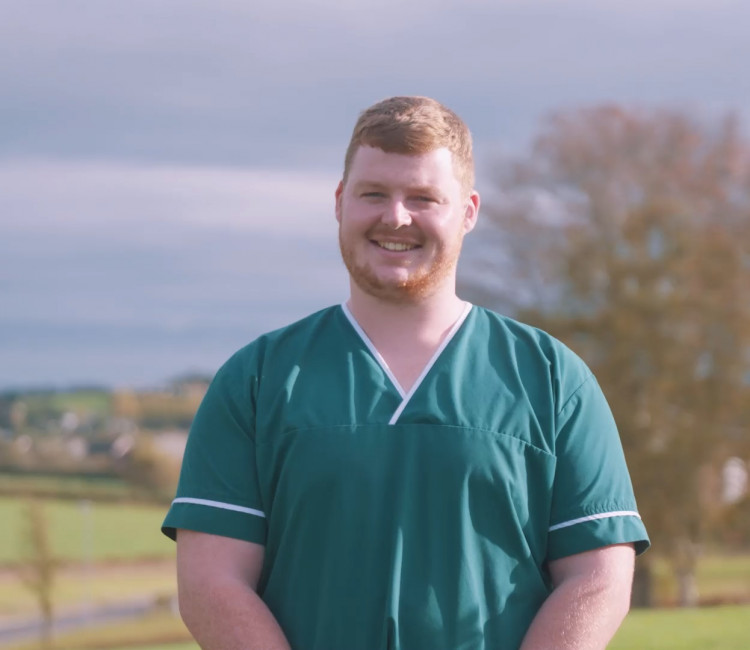If you have an interest in how people think and behave and want to use the study of psychology to help people with mental health problems, a career in the psychological professions could be for you.
Psychological professions have seen a rapid expansion over recent years and are continuing to grow. Because of this, a number of new roles are becoming available and there are many new and exciting positions for both new and existing Psychologists and Psychological Therapists to explore. There has never been a more open or exciting time to join the profession!
Take a look below at some of the apprenticeships offered:
Clinical Associate in Psychology (CAP)
This is an exciting time to join a new psychology career pathway, and was developed as part of a programme of work to provide greater access to psychologically informed mental health services. This role involves working closely alongside Assistant Psychologists and High Intensity Therapists, to provide high quality interventions to inform practice and the management of psychological distress. At the end of the programme, you will receive an MSc Clinical Associate in Psychology and Level 7 apprenticeship.
Psychological Wellbeing Practitioner – Level 6
This programme is suitable for a variety of personal, academic or vocational backgrounds, who are passionate about improving the lives of people with common mental health difficulties. As a Psychological Wellbeing Practitioner (PWP) within our NHS Talking Therapies TALKWORKS service, you will undertake tasks such as in-depth client assessments to support patients with symptoms of depression, anxiety and phobias. At the end of the programme, you will receive a Level 6 Psychological Wellbeing Practitioner Apprenticeship and a University of Exeter Graduate Certificate Psychological Wellbeing Practitioner. This will enable you to work as a fully qualified PWP within our TALKWORKS service. Psychological wellbeing practitioners (PWPs) can join the British Psychological Society (BPS) or British Association of Behavioural and Cognitive Psychotherapies (BABCP).



